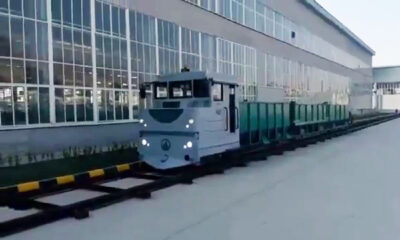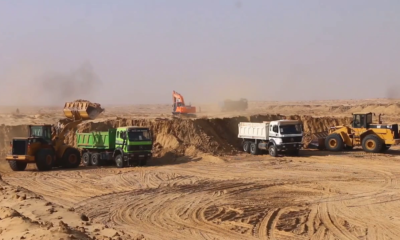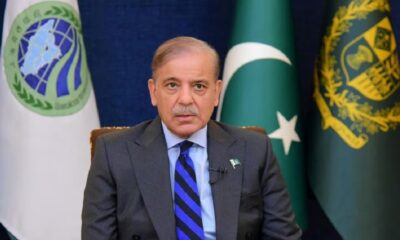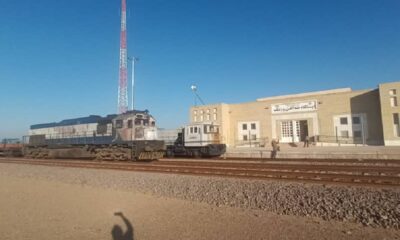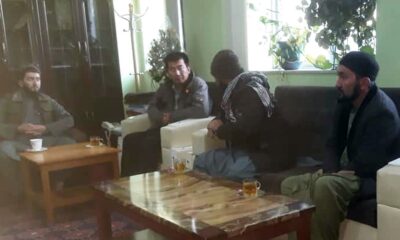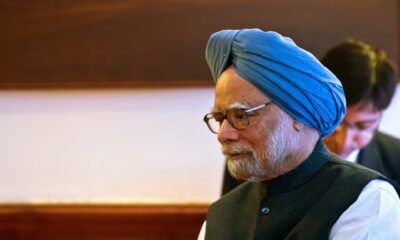Latest News
Afghanistan needs to be more decentralized: Khalilzad
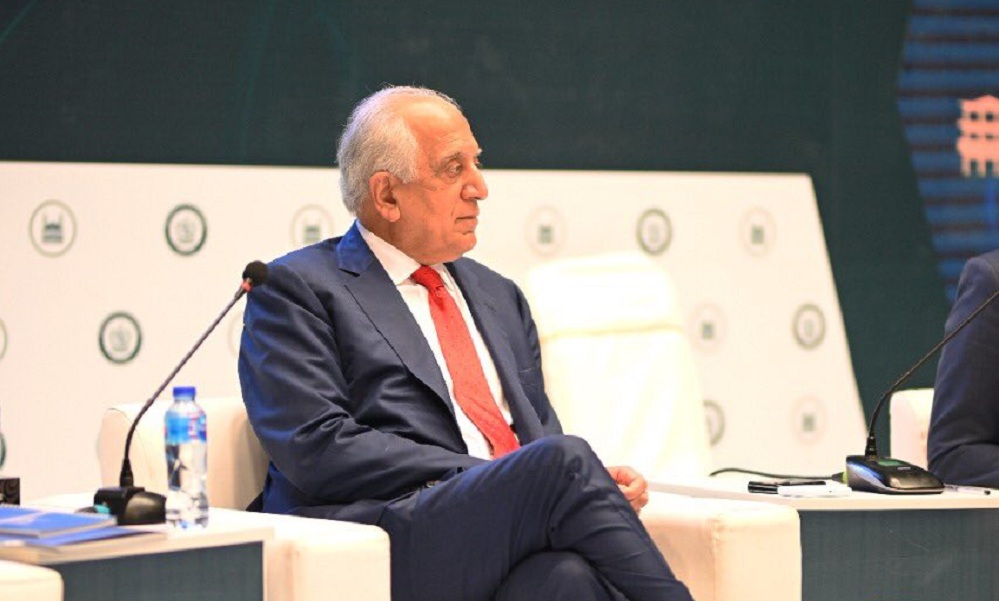
Afghanistan’s government needs to be more decentralized and political inclusivity needs to be ensured in order to prevent another war, former US special envoy for Afghanistan reconciliation, Zalmay Khalilzad, said on Saturday.
Speaking at the Islamabad Security Dialogue conference, Khalilzad said that the US’s withdrawal from Afghanistan has had both positive and negative consequences.
“On the positive side, the war has ended already. There is a government that controls all of Afghanistan, but on the negative is that the government is not legitimate in the sense that it doesn’t come true what it has agreed to do in the agreement that ended the war, meaning the US war, which was that the new government would be as a result of intra-Afghan negotiations so that it reflects the diversity,” Khalilzad said.
He said that currently the Afghan government is “very centralized” and a more decentralized government would also ensure economic participation and inclusivity.
The Islamic Emirate of Afghanistan (IEA), however, rejected Khalilzad’s claim that the government is very centralized.
Enamullah Samangani, deputy spokesman for IEA, said that the government is committed to ensuring balanced development across Afghanistan and it would work for greater inclusivity.
Meanwhile, Pakistan’s army chief, General Qamar Javed Bajwa, told the conference that “we have to be patient and accommodative” over the IEA’s performance.
“Instead of imposing sanctions which have never worked, we must incentivize Afghans for their positive behavioral changes,” Bajwa said.
He said that disengagement with Afghanistan is not an option. “We urge the international community to share their concern directly with Afghan interim government.”
Pakistan’s Foreign Minister Shah Mahmood Qureshi also said that after 40 years, there is no internal war in Afghanistan and one government controls the entire country.
“This presents a unique opportunity to stabilize Afghanistan and build sustainable peace the international community can achieve by engaging with Afghan authorities, unfreezing Afghanistna’s financial reserves and reviving reconstruction and sustainable development of Afghanistan,” Qureshi said.
He also urged IEA to positively respond to the expectations of the international community with regard to inclusivity, human rights including women’s rights, girls’ education and the threat of terrorism.
Latest News
IEA spokesman announces NDC has built a rail for the first time
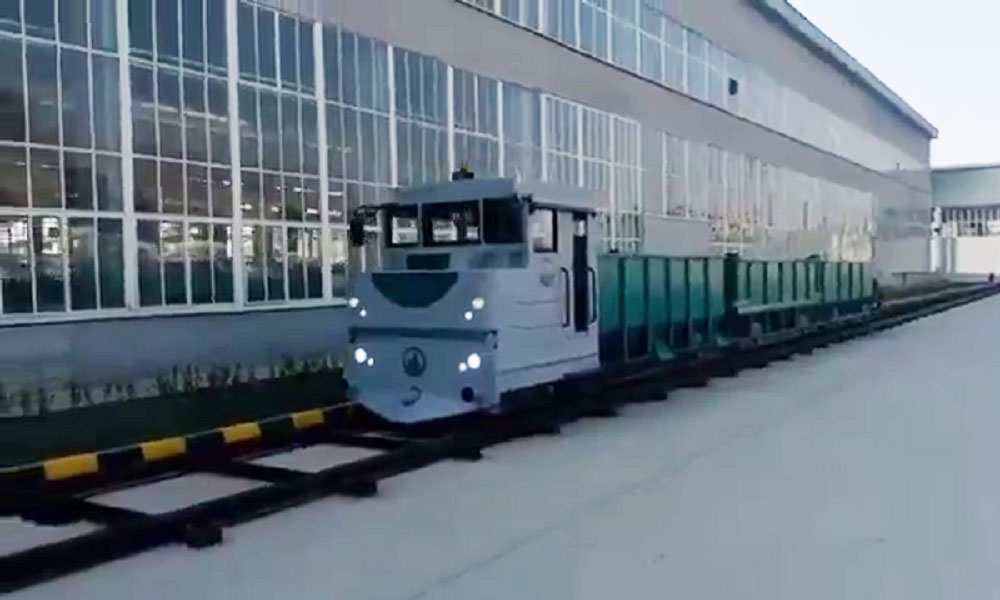
Zabihullah Mujahid, spokesperson for the Islamic Emirate, has announced that the National Development Corporation (NDC) has successfully built a rail for the first time in Afghanistan.
Previously, Mujahid also revealed that the NDC had produced both a freight truck and a passenger vehicle, further highlighting the corporation's growing role in boosting Afghanistan's industrial capabilities.
Latest News
Qosh Tepa Canal phase 2 surpasses 81% completion
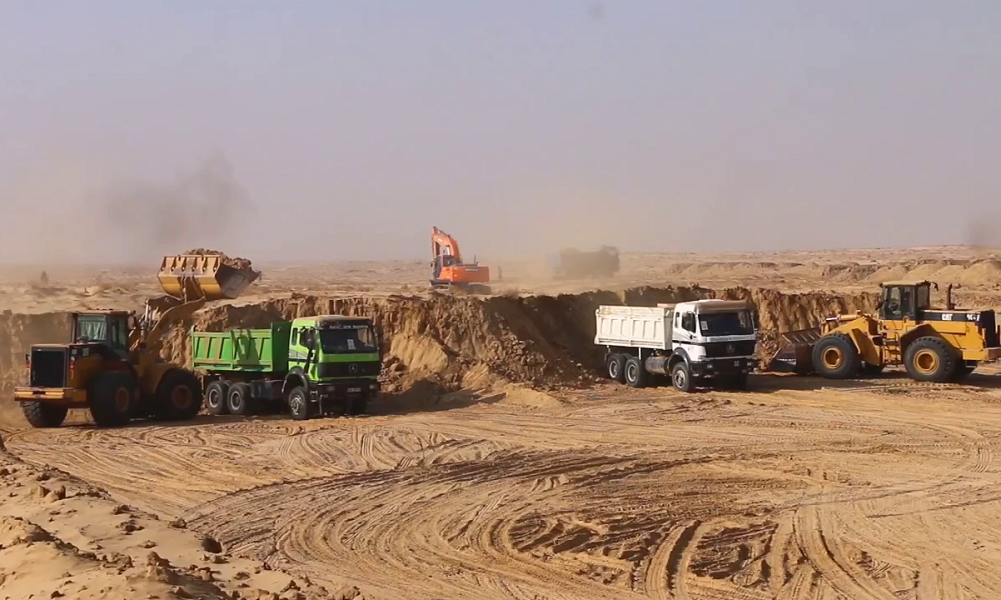
In a significant milestone for Afghanistan's infrastructure development, officials from the National Development Corporation (NDC) have announced that the second phase of the Qosh Tepa Canal in northern Afghanistan is now 81 percent complete, with the construction of its dam progressing steadily at 67 percent. This ambitious project is poised to transform the region, enhancing irrigation systems and boosting agricultural productivity.
The ongoing work on this irrigation project is taking place in the Andkhoy district of Faryab province, where hundreds of machines are actively involved. NDC officials have confirmed that the second phase of the canal will be completed in the coming months.
Nabiullah Arghandiwal, spokesperson for the NDC, stated, “The second phase of the Qosh Tepa Canal is currently 81 percent complete, with thousands of machines and workers engaged in the project.”
Arghandiwal also highlighted the construction of six large bridges along the canal in Balkh and Jawzjan provinces. Two of the bridges are completed, and the remaining four are expected to be operational soon.
Economic experts believe that once completed, the canal will help Afghanistan achieve self-sufficiency in grain production and generate numerous job opportunities in various sectors.
Young workers involved in the project have expressed their satisfaction with the employment opportunities it provides. They are calling on the government to launch similar development projects to combat youth unemployment.
Abdul Ghani, a worker, remarked, “This project is progressing very well, and I urge the Islamic Emirate to implement similar projects.”
It is important to note that the entire funding for the Qosh Tepa Canal project is sourced from domestic revenue.
Latest News
TTP operating from Afghanistan against Pakistan is ‘unacceptable’: Sharif
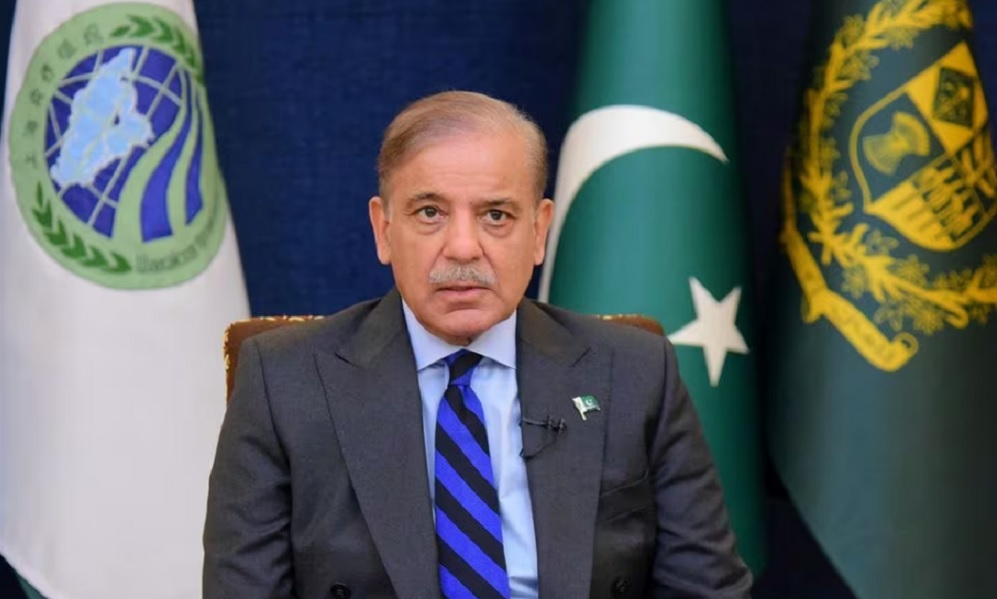
Pakistan's Prime Minister Shehbaz Sharif on Friday reiterated his call for improved relations with Afghanistan but emphasised that Kabul must rein in Tehreek-i-Taliban Pakistan (TTP) first.
While addressing a cabinet meeting, Sharif said that Afghanistan was Pakistan’s “brotherly neighbour”, and that it was Islamabad’s heartfelt wish to improve relations with Kabul, especially with regards to the economy and trade.
“Unfortunately, the TTP is operating from Afghanistan and carrying out terror attacks and killing innocent people inside Pakistan. This cannot go on,” he said.
“We have conveyed to the Afghan government that we desire good ties with them but TTP should be stopped from killing our innocent people. This is a red line. TTP operating from there against Pakistan is unacceptable.”
Sharif reiterated his call to the Afghan government to devise a concrete strategy, saying that Pakistan was ready for dialogue.
“But the policy of talks and allowing TTP to operate against Pakistan can’t go simultaneously,” he said.
Meanwhile, Pakistani military's spokesman Ahmad Sharif Chaudhry said on Friday that Pakistan has consistently worked towards establishing peace in Afghanistan, however, despite these efforts, terrorist activities originating from Afghan soil continue to pose a threat to Pakistan.
He emphasised that the roots of terrorism are often traced back to Afghanistan, and Pakistan remains determined to dismantle terrorist networks without compromise.
Pakistani officials have repeatedly claimed that attacks in the country are carried out from Afghanistan. However, the Islamic Emirate of Afghanistan (IEA) has denied the allegations saying that Afghanistan is not responsible for Pakistan's "security failure."
The latest remarks by Pakistani officials come three days after the country carried out airstrikes in Afghanistan's Paktika province, killing at least 46 people.
The Defense Ministry of the Islamic Emirate said that the strikes were against the international principles, which will not be left unanswered.
-

 Business5 days ago
Business5 days agoShoemaking industry in Takhar province facing stagnation
-
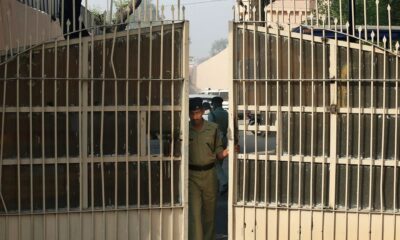
 Latest News3 days ago
Latest News3 days agoOver 50 Afghan inmates freed from Pakistani prisons
-
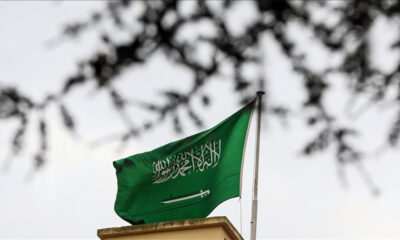
 Latest News4 days ago
Latest News4 days agoSaudi Arabia reopens embassy in Afghanistan
-

 Latest News4 days ago
Latest News4 days agoTrump criticizes abandoning of equipment in Afghanistan, vows to rebuild military
-

 Latest News5 days ago
Latest News5 days agoHuman traffickers should be sentenced to 1 to 3 years in prison: IEA leader
-
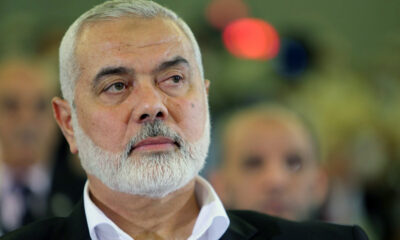
 World3 days ago
World3 days agoIsraeli defense minister claims responsibility for first time for Hamas leader Haniyeh’s assassination
-
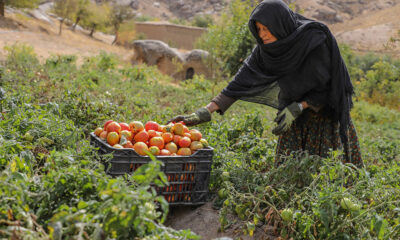
 Latest News3 days ago
Latest News3 days agoJapan, UNDP launch new community resilience programme in Afghanistan
-

 Latest News4 days ago
Latest News4 days agoIOM appeals for nearly $500 million to support Afghans in 2025


